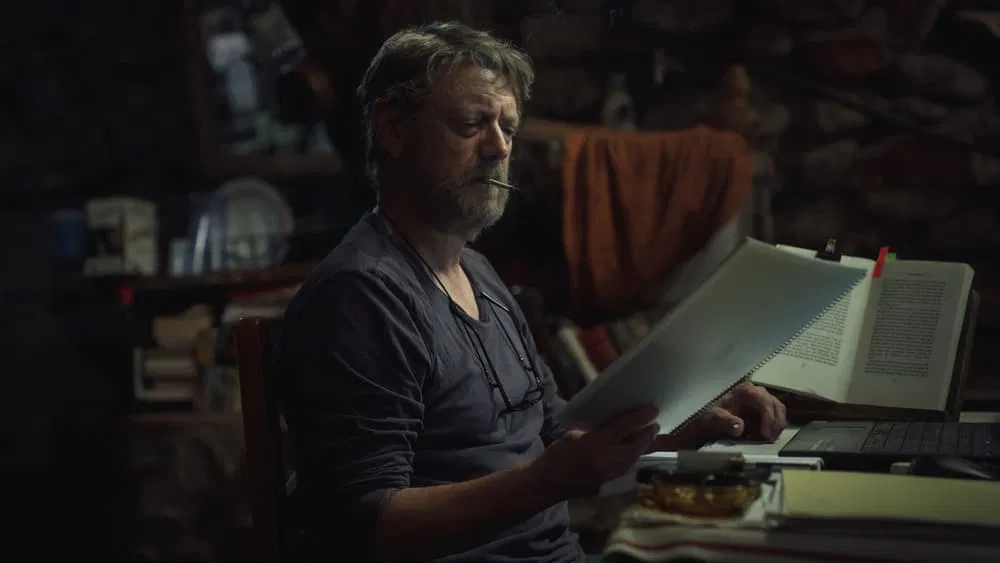Great art helps us understand ourselves. That’s why we desire to experience it. That’s why we shell out unfathomable amounts of money to create it. For many, art is the most important element of their lives not directly linked to survival. It can be life-saving for those who create it and consume it. At its best, art makes us vulnerable, it allows us to open up — maybe to no one but ourselves but we open up nonetheless — and it allows people to connect on an incredibly intimate level — it’s not shocking that in an age of increasing isolation, online communities form unhealthy parasocial relationships with artists whose work means a lot to them.
Victor Erice’s new film “Close Your Eyes” has finally been released in the United States and is one of the best I’ve seen this year. The Spanish filmmaker has come out of retirement to put his spin on the “love letter to cinema” films we seem to be getting so many of these days. And yes, it has a lot of the hallmarks of these types of movies — hyperspecific cinephilic references like the extended performance of a song from “Rio Bravo,” laments about the death of the medium via the contention that cinema lost its way when Carl Theodor Dreyer died, people overwhelmed with awe while sitting in theaters — but there’s a bitterness here that sets it apart in a subgenre that tends to be overwhelmingly sentimental.
The whole film is drenched in melancholy. While it does play on nostalgia in the way others like it tend to do, “Close Your Eyes” is more focused on the deep sadness that drives us to want the warm feeling nostalgia gives us. We want to revisit our past to feel the same emotional and intellectual power that enthralled us when we first experienced it. But revisiting that past doesn’t change anything in us anymore. We are who we are because we’ve already been changed by the experience. There is nothing more for the work to change. Our understanding of the work can grow deeper, but its power to help us understand ourselves has been blunted.
Perhaps the realization that this medium has limits — on its emotional power, on its political power, on its cultural significance — drove Erice away from filmmaking in the first place. Yet, the allure of the art form keeps bringing us back. We are obsessed with the iconography that film creates, even if we aren’t engaged in its origins. There’s a great deal of regret in this film, that maybe life would be different if you didn’t abandon what you loved — cinema, women, children, friends — but would it be better if you went back?
Films are memories, not just for those who make them but for those who view them. We chart our lives by how we felt when we first saw certain films or listened to certain songs. But sometimes the memories are not truthful. And art isn’t a magic key to unlocking the truth behind those memories or the feelings they bring up. Art is just an expression of an artist’s ideas about themselves and the world. To understand ourselves better because of it, we have to do the work ourselves. It can’t be spoonfed to us. When audiences realize that, it sets the artist and the viewer free.

